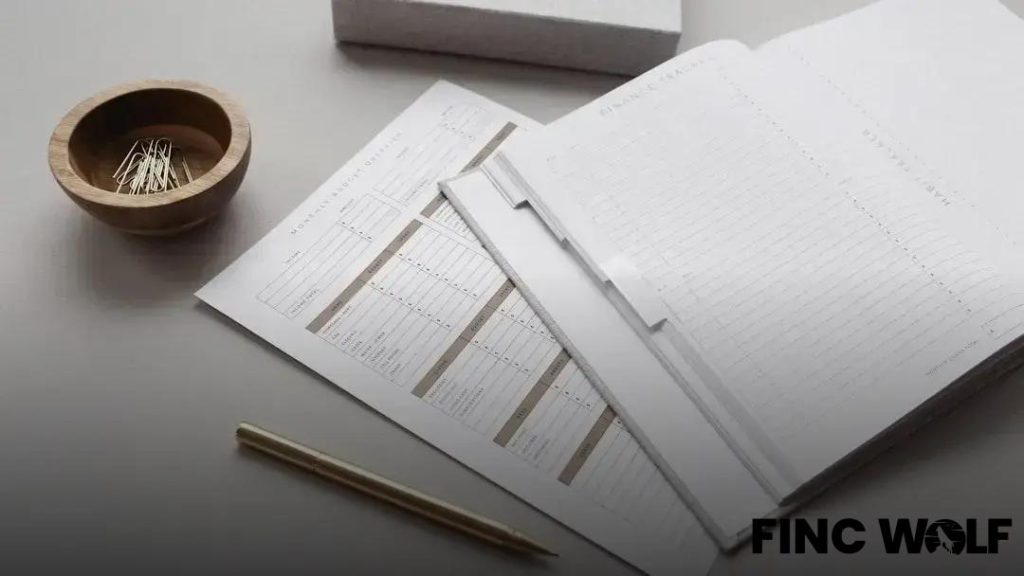Are you worried about an IRS audit and looking for effective ways to avoid one? Understanding IRS audits and knowing how to prevent issues is crucial. In this guide, you’ll learn about common IRS triggers, the importance of accurate reporting, and the benefits of keeping detailed records. Additionally, discover how seeking professional guidance can help maintain compliance and avoid potential audit pitfalls. Stay informed and protect your financial peace of mind by following these essential strategies.
Understanding IRS Triggers
One of the key aspects to evade an IRS audit is to thoroughly understand what might trigger it. The IRS employs a highly sophisticated system that flags returns for possible issues. Certain triggers are commonly known to prompt the IRS’s attention.
Unreported Income: When your reported income does not match the records held by the IRS, it raises suspicions. All sources of income, including side jobs and other gigs, should be fully and accurately disclosed to avoid discrepancies.
High Deductions in Comparison to Income: If your tax deductions are significantly larger than what is typical for someone in your income bracket, this might appear suspicious. Deductions should be claimed only if they are valid and well-documented.
Additionally, reporting large deductions for charitable donations without proper justification can also serve as a red flag. The IRS scrutinizes unusual discrepancies.
It’s essential to avoid round numbers as they are rare in practice and might appear fabricated. For instance, reporting $5000 instead of $4837 seems less credible. Precision in your reporting can help mitigate unwanted attention.
By effectively understanding and identifying these triggers, you can implement practices that reduce audit risks. Employ these insights to navigate the complexities associated with IRS audits with more confidence.
Accurate and Honest Reporting

Maintaining accurate and honest tax records is critical in preventing an IRS audit. The IRS uses sophisticated systems to flag inconsistencies, and any mismatch could potentially trigger further investigation. Ensure that your reported income matches your financial documents exactly. Double-check all entries for numerical accuracy and include every relevant piece of documentation. Incomplete or incorrect filings could raise red flags, so confirming each detail is vital.
Thoroughly understanding your tax obligations will also safeguard against unnecessary audits. Report every deduction with care and ensure you have the necessary receipts and proof backing each claim. Being transparent and straightforward in your reporting not only helps in avoiding audits but also streamlines the filing process.
Whenever possible, use certified systems or experienced professionals to handle your returns. They can offer insights and double-check entries for potential errors. Remember, maintaining honest and detailed records is fundamental for peace of mind and a clear audit trail.
Maintaining Thorough Records
Keeping thorough records is a vital strategy to avoid an IRS audit. All financial documents, including receipts, bank statements, and tax returns, should be well-organized and easily accessible. This helps in quickly addressing any inquiries from the IRS.
Having a consistent record-keeping system ensures accuracy and reliability, minimizing the chances of triggering an audit due to discrepancies. Use digital tools for storing scanned copies, which not only saves space but also ensures that documents are always available.
It’s crucial to maintain records that span several years, as the IRS may audit returns from the past. Typically, the IRS has a three-year timeframe to conduct an audit, but in some cases, they might look back even further. Therefore, keeping records for at least seven years is a good practice.
Additionally, itemized deductions need a special focus. Keep a detailed record of all deductible expenses and supporting documents to justify claims. This not only helps in case of queries but also ensures an accurate filing process.
Organized and thorough records are instrumental in establishing trustworthiness and transparency, pivotal factors to deter a possible audit.
Seeking Professional Guidance

Engaging a professional to guide you through the complexities of tax filing can significantly reduce your chances of getting audited by the IRS. Tax professionals, such as certified public accountants (CPAs) or enrolled agents, have the expertise to navigate complicated tax codes and ensure compliance with all IRS regulations. Their guidance can be invaluable in identifying potential red flags that you may not be aware of.
Why Professional Help Matters: Tax laws are intricate and frequently updated, making it challenging for the average taxpayer to stay informed. Professionals are required to keep abreast of these changes, which equips them to provide current and effective advice. Having a trained eye to assist with your tax return not only increases accuracy but can also help you take advantage of legitimate deductions and credits.
Vet the Right Professional
Choosing the right professional is crucial. Look for someone with proven experience, preferably with expertise relevant to your industry or financial situation. Verify their credentials and check for any disciplinary issues or active licenses through regulatory bodies.
Establishing a relationship with a trusted tax professional can also be beneficial year after year, as they become more familiar with your financial history and can provide tailored advice. This proactive approach can save you from potential errors and the stress of handling an audit on your own.





